NYFF60: Un Certain Regard of “Decision to Leave” ★★★★★
New York Film Festival 2022 (9/30-10/16/22)
Decision to Leave by Park Chan-wook ★★★★★
Is Seo-rae Hae-joon's Savior?
*Spoiler Alert: Please don't read this review before you see the film.
*NYFF60 '헤어질 결심' 리뷰 ★★★★★ <Korean version>
http://www.nyculturebeat.com/?document_srl=4080267
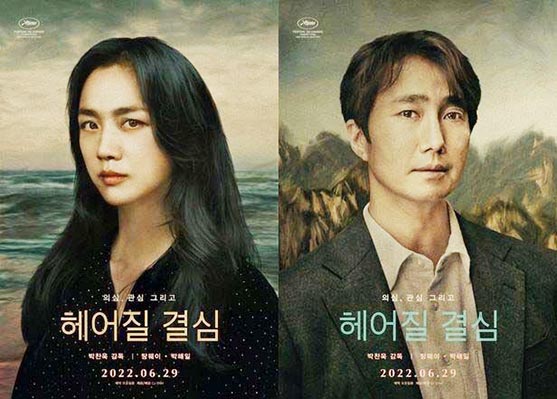
Seo-rae is the sea, Hae-joon is the mountain. “Decision to Leave”
We are all just imperfect, feeble human beings living in a misty landscape that we can't even see ahead of us. We are all walking towards death.
One day, a woman from the sea appears and disappears in front of the man who is wandering in the mountains to fill his deficiency. A man who misses, grieves, and screams. The man and woman resemble the characters in Greek tragedy.
Director Park Chan-wook’s “Decision to Leave” is not just a romantic drama, a film that rewinds our vague memories, evokes the present self, and gradually stains our hearts. There is more to the message than a love story.
*DECISION TO LEAVE | Official Trailer
https://youtu.be/Bmoy73lhs-s
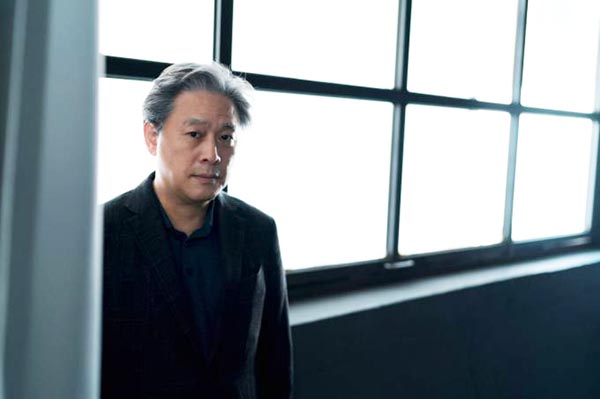
Park Chan-wook. Photo: CJ ENM
Director Park Chan-wook has won three Cannes trophies. Following “Oldboy” (올드보이, 2004 Grand Prix) and “Thirst” (박쥐, 2009 Jury’s Award/ Prix du Jury), and this year’s Director Award (Prix de la Mise en Scène) for “Decision to Leave”(헤어질 결심). Released at the end of June in Korea, “Decision to Leave” has become a hot topic for re-watching, with its fascinating love story, aesthetic mise-en-scène, symbolism hidden everywhere, details, the tragic final scene, and Jung Hoon-hee & Song Chang-sik’s melancholy duet title song “Mist.” The film was sold to 193 countries around the world and was selected as an Korea’s entry for the Best International Feature Film at the 2023 Academy Awards.
In New York, “Decision to Leave” is going to be screened on October 8 and 9 at the 60th New York Film Festival. Director Park Chan-wook and actor Park Hae-il will appear at the Q&A after the screenings. In addition, Director Park will attend a free talk at the Amphitheater at the Film Society of Lincoln Center on October 9th. The commercial release of the film opens at Lincoln Center on October 19th.
https://www.filmlinc.org/nyff2022/films/decision-to-leave
Hae-joon is the mountain, Seo-rae is the sea:
reason and emotion, coolness and passion
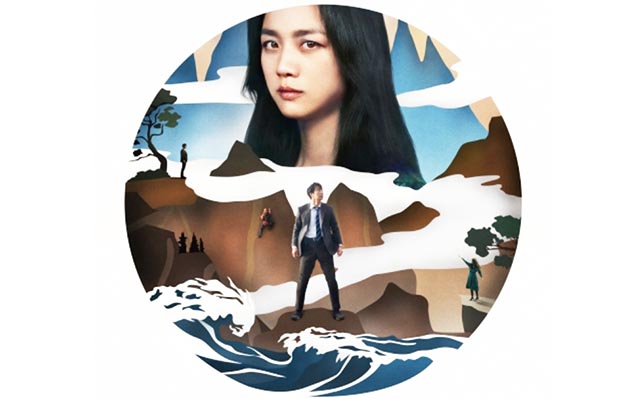
Mountain and Sea motifs. "Decision to Leave" poster
”Decision to Leave” is a romantic thriller that moves away from the brutal aesthetics of Park Chan-wook’s violent revenge dramas in his prior films and reinforces the tragic melodrama. A man falls from the top of a mountain and is found dead. Detective Hae-joon (Park Hae-il) suspects Seo-rae (Tang Wei), the wife of the deceased, but develops a crush during the investigation. In simple terms, it is a crime drama that crosses the line between a detective with a strong professional spirit and a Chinese suspect. However, the film is not just another tragic love story, and Seo-rae is not a typical femme fatale (a woman who destroys men) in Film Noir. Seo-rae may be a feminist or goddess who saves Hae-joon's life. She may have just disguised herself as a 'murderer' to appear before the detective.
The film starts at the top of the mountain and ends at the beach. Notice that one of the books that Seo-rae reads is the ancient Chinese geography/myth collection “Classic of Mountains and Seas,” and Seo-rae says, “The wise like the sea, and the virtuous like the mountains (智者樂水 仁者樂山),” a quote from Confucius.
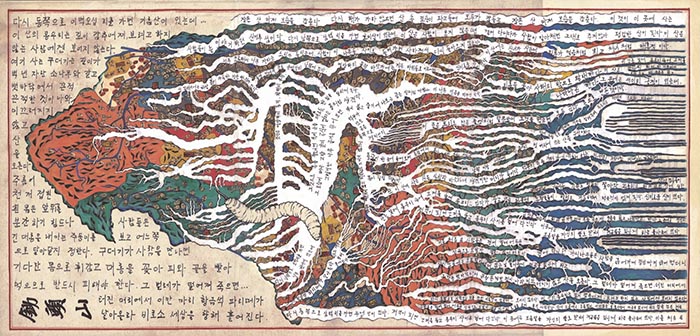
“Classic of Mountains and Seas,” transcribed in Korean by Tang Wei, who plays Seo-rae, “Decision to Leave”
Murderer Seo-rae and detective Hae-joon have something in common. They are proud, dignified, and upright people. They might have come from different planets, but realize that they are of the same species and are strongly attracted to each other. Hae-joon likes the sea, but he is the man who represents the mountains. Although he is a clean, logical, persistent, and sober perfectionist, he suffers from insomnia and dry eyes, which needs eye drops (water). Seo-rae cures his insomnia. On the other hand, Hae-joon’s wife is working at a nuclear power plant as a safety management researcher who is well versed in health information. Like Hae-joon, she represents a cold mind rather than a passion, and a cold intelligence rather than a warm sensibility.
Seo-rae, the “woman of the sea,” is a caregiver, and is the owner of a hot sensibility. “If you really want to give me a present, please bring that kind detective’s heart. I’d like some.” Seo-rae’s words to the cat were reproduced using a Google Translate app on a smartphone. And she asks Hae-joon, “In Korea, does someone stop loving because the person is married?”
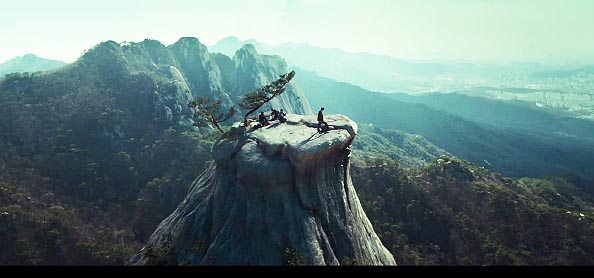
"Decision to Leave"
Seo-rae’s first husband, Gi Do-soo, who died during rock climbing, was a tyrant. As an immigration officer, he married Seo-rae, a Korean-Chinese who was illegally entering the country, but uses violence. As a possessive figure who has his own initials tattooed not only on his belongings but also on Seo-rae’s body, he even threatens to deport her to China. The second husband, Lim Ho-shin, who calls himself a “stock analyst,” is actually a financial fraudster. Seo-rae directly or indirectly ends both of their lives. The murder of her husband was a revenge with burning anger. Seo-rae punishes domestic violence offenders and scammers in her own way. In fact, Lim Ho-shin’s death becomes a device to seduce Hae-joon, who has become distant.
In Greek mythology, Medea kills the Princess of Corinth when her husband Jason abandons her and tries to marry the Princess, and she also kills their own children for revenge. She is a rare villain and a feminist. The New York Metropolitan Opera’s opening work for the 2022-23 season is “Medea,” composed by Cherubini, which is being performed now.
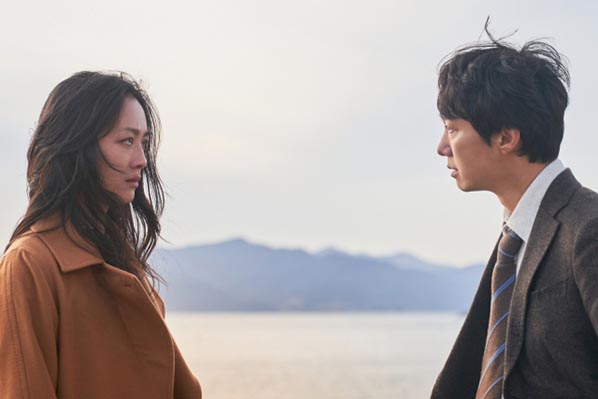
Mountains and Seas, "Decision to Leave"
To Hae-joon, mountain man (vertical), Seo-rae must be the sea (horizontal), the emotion he longed for unconsciously. Hae-joon gradually falls in love with Seo-rae and eventually collapses completely. In English, 'falling in love' is an expression and a metaphor for suddenly falling into a situation that is out of control and fragile. To Hae-joon, “collapse” was losing his proession and being in love. Just as his first husband crashed from a mountain, detective Hae-joon’s career and marriage are shattered like a wave crashing into a rock (mountain) in front of a sea, Seo-rae. Seo-rae could not be the woman Hae-joon had forgotten. In order to find his love back, she goes to Ipo, the fictional misty port city, and she becomes involved in a murder that will eventually help her get Hae-joon’s attention. She said her purpose was for herself to become Hae-joon’s “open case.”
In that sense, Seo-rae is a passion and emotion that will ignite Hae-joon’s coolness and reason, and is also a person who makes him a harmonious personality that encompasses mountains and seas. Seo-rae and Hae-joon go on a date at the temple on a rainy (water) day and kiss on a snowy (water) mountain. At the end of the film, Hae-joon screams at the beach where Seo-rae disappeared (*the rock on the beach also looks like a mountain, the landscape in the book “Classic of Mountains and Seas”). Seo-rae taught Hae-joon the sea (water) that he lacked and left. Seo-rae’s name is 西來 in Chinese, which means “from West,” and Hae-joon’s “hae” means “sea.”
Seo-rae looks like Hae-joon’s savior disguised as a murderer. This is why “Decision to Leave” is not just an affair melodrama, but a movie that can be seen as a philosophy textbook. The film was co-written by director Park, who majored in philosophy at Sogang University, and Jeong Seo-kyeong, who is a graduate of Seoul National University with a philosophy major. Ms. Jeong has worked with him since “Lady Vengeance, 친절한 금자씨”in 2005.
Seo-rae, a woman of the sea representing passion and sensibility, is perhaps a metaphor for Eros (sex), and Hae-joon, a man from the mountain whose endorphins soar in murder cases, may also be a metaphor for Thanatos (violence and death). Sexuality and violence are human instincts and are the mainstay of Hollywood movies. Seo-rae and Hae-joon seem to be archetypes that exist in common in the collective unconscious of humans. In “Decision to Leave,” Hae-joon’s wife says, “You have to have murder and violence to be happy.” Park Chan-wook was a director who enjoyed the aesthetics of cruelty (violence), but turned to a love story (sex) with “Decision to Leave.” Maybe it is also director Park’s own statement to leave his violent film style, by leaving the mountain and going to the sea.
Seo-rae is the person who completes Hae-joon’s incomplete life. Tang Wei (湯唯), who plays Seo-rae, was imprinted as a “goddess of the sea” and “goddess of salvation” from a screen star. (Tang Wei married Korean director Kim Tae-yong in 2014, they met while working on "Late Autumn" (2010), directed by Kim. Kim was an assistant director of the MBC-TV program “Start!, Video Journey,” for which I worked as a writer in 1995. Kim Tae-yong recently directed the Netflix sci-fi movie “Wonderland” starring Tang Wei, Suzy, Choi Woo-shik, and Park Bo-gum.)
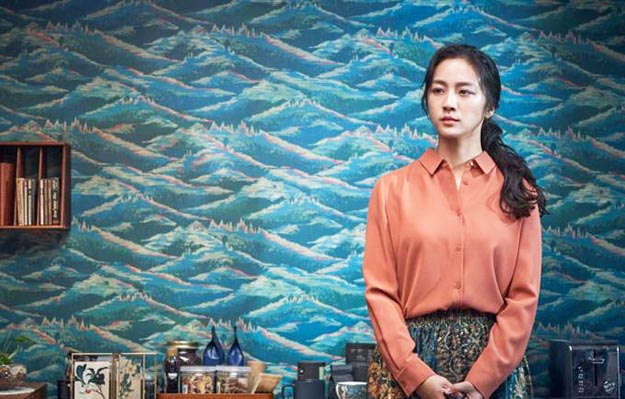
Is it the mountain or the sea? wallpaper. "Decision to Leave"
The wallpaper in Seo-rae’s apartment (*Production Design by Ryu Seong-hee, the winner of the Cannes Festival’s Vulcan Award for Technical Artist for “The Handmaiden (아가씨, 2016)” directed by Park) is a “mountain seascape” wallpaper that blends green (mountain) and blue (sea) like the ridge of a mountain, like the waves of the sea. The turquoise dress that Seo-rae wears in part 2 is a neutral color between the mountain and the sea. Turquoise, which looks different depending on sunlight or lighting, is a vague (“mohohan” in Korean) color like gray that is halfway between black and white. Park Chan-wook’s film company is called Moho Film. Director Park once revealed that he named it that way because ambiguity (vagueness) is the condition of good art.
Homage to “Decision to Leave”:
Hitchcock, Visconti, Kim Seung-ok, Jung Hoon-hee & Song Chang-sik
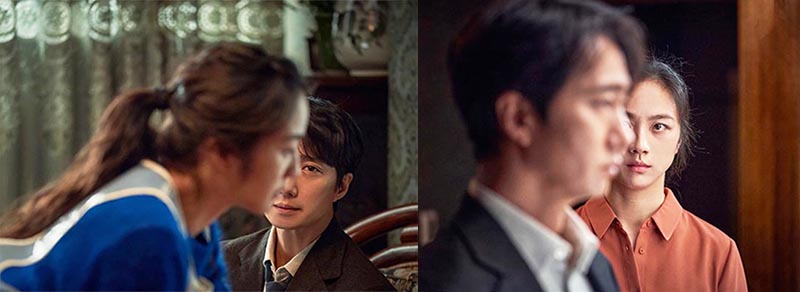
Seo-rae makes up for Hae-joon’s lack, "Decision to Leave"
Director Park Chan-wook is also a photographer. Stanley Kubrick was a Life magazine photographer who became a filmmaker. Wim Wenders and Abbas Kiarostami have also had exhibitions of their photography in New York. Park’s younger brother Park Chan-kyong is an art critic and documentary director from Seoul National University. (*In the early 1990s, Park Chan-kyung, Park Heung-sik, and I participated in the Polish director Christoph Janetzko’s short film workshop at the Korea Film Promotion Agency, now Korean Film Council). Park Chan-wook, who dreamed of becoming an art historian as a child, became a film director after watching Alfred Hitchcock’s “Vertigo.” Before his directorial debut with “The Moon Is ... the Sun’s Dream” in 1992, he worked as a film critic, and I remember he was brilliant at his analysis of movies based on Freudian theory.
In “Vertigo” (1958), a San Francisco detective (James Stewart) with fear of heights, at the request of a friend, follows the friend’s wife (Kim Novak) and falls in love with her. The film begins with a roof chase scene in which Stewart’s fear of heights causes the death of his fellow police officer, and ends with Novak falling to her death from a bell tower. In another Hitchcock film, “Rear Window” (1954), photographer James Stewart, who suffered a leg injury, peeks through the apartment across the street with binoculars and witnesses a murder. Then, in “North by Northwest” (1960), Cary Grant, being chased by gangsters, almost falls to his death from the dizzying summit of Mount Rushmore, South Dakota. (In the opening scene of “Decision to Leave,” Hae-jun and his junior detective climb a rock wall, and take a bird’s-eye view).
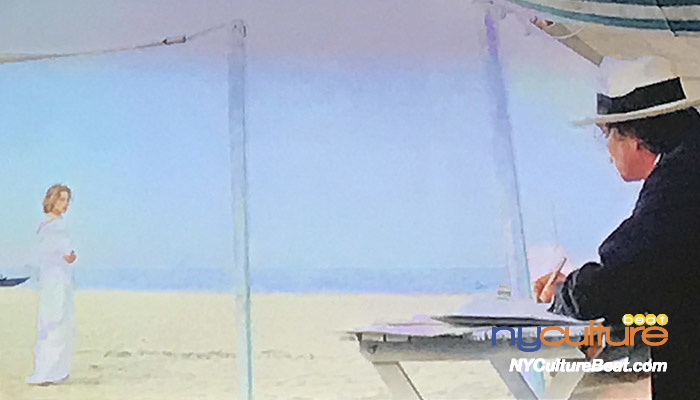
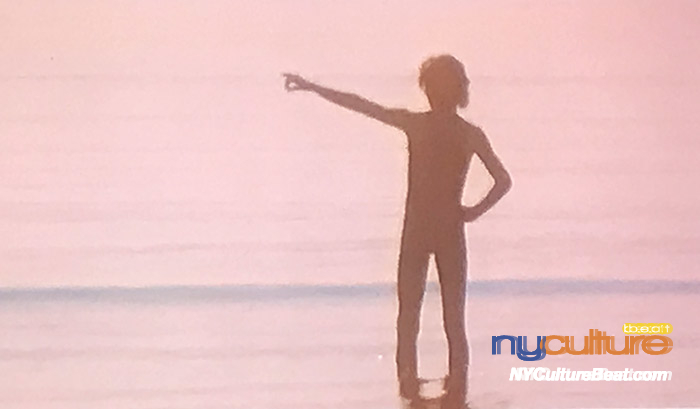
*Luchino Visconti Morte a Venezia 1971<YouTube>
The music that is as important as Jung Hoon-hee”s song “Mist” in “Decision to Leave” is Gustav Mahler’s Symphony No. 5, 4th Movement, the “Adagietto.” It’s the music Seo-rae’s first husband listens to while climbing, and it returns in the scene where Hae-joon tells Seo-rae, “It’s completely collapsed.”
“Did I say I was dignified? Do you know where decency comes from? It’s pride. I was a proud cop. But I was crazy about women ... and ruined the investigation. By the model. You don’t know at all. I throw that phone into the sea. I drown it in the deep, so no one can find it.”
Mahler’s “Adagietto” is also widely known from the masterpiece “Death in Venice” (Morte a Venezia, 1971), directed by Italian director Luchino Visconti. Adapted from German author Thomas Mann’s novella, “Death in Venice,” it tells the story of German composer Gustav von Aschenbach, who travels to Venice, stays at a hotel and falls in love with a beautiful Polish boy, Tadzio, but dies on the beach during a cholera epidemic. Mahler’s “Adagietto” also foretells someone’s death due to forbidden love in “Decision to Leave.” Even the scene where Seo-rae wears a turquoise dress and throws her cell phone into the sea in “Decision to Leave” resembles Tadzio's pose in the final scene of “Death in Venice.”
At the end of “Decision to Leave,” which will be remembered as one of the most famous last scenes in film history, Hae-Joon calls out the name “Seo-Rae,” who disappeared on the beach with strong waves. Hae-joon collapses and breaks like the waves of the sea crashing against rocks. This epic scene is reminiscent of the scream of Anthony Perkins in Jules Dassin's film “Phaedra” (1962), which tells the love story of a stepmother Phaedra (Melina Mercouri ), the second wife of Greek shipping tycoon, who falls in love with her husband’s son (Perkins) from his first marriage. At the end, Perkins falls into the sea while listening to Bach’s Toccata and Fugue in F major (BWV 540) on a Greek island, screaming madly for hr mother-in-law and lover “Phaedra.”
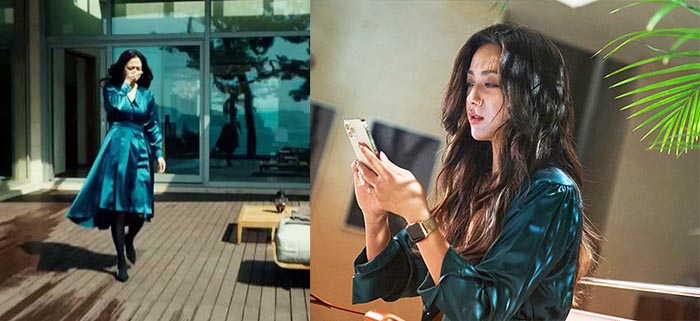
The dress. "Decision to Leave"
It is known that director Park Chan-wook was inspired by Jung Hoon-hee’s hit song “Mist” from 1967 to write the screenplay. In fact, “Mist” was also used in director Lee Myung-sess romantic thriller “M” (2007).
A novel in which the city of fog appears was also his inspiration. Kim Seungok’s short story “A Journey to Mujin (무진기행, 霧津紀行)” was published in the Sasang World (사상계) in 1964, when the author was 23 years old. Kim wrote in the story: “Mujin is not without its specialty. I know what it is. It is fog.”
It is similar to Ipo, the fictional city of “Decision to Leave,” as a port city of fog. In “A Journey to Mujin,” the protagonist, who has married the daughter of the president of a pharmaceutical company, goes back to his hometown of Mujin to stay for a few days, meets a frustrated music teacher, spends the night, feels love, but leaves. In 1967, director Kim Soo-yong made a movie “Mist” based on the story, starring Shin Sung-il and Yoon Jeong-hee. The theme song of the film was “Mist” by Jung Hoon-hee, who’s debut song was composed by Lee Bong-jo.
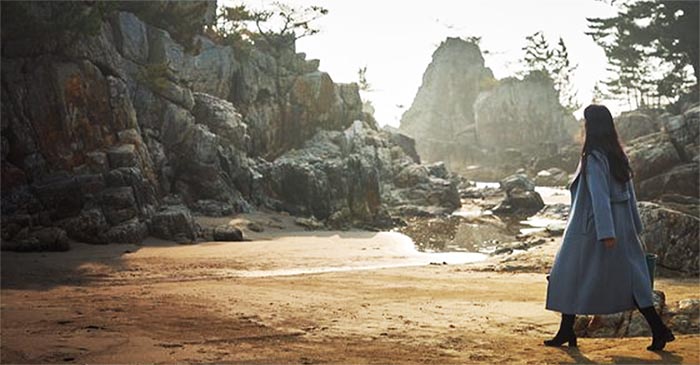
Seo-rae going to the mountain-like sea (Sanhaegyeong). "Decision to Leave"
We are all just imperfect, feeble human beings living in a misty landscape that we can’t even see ahead of us. We are all walking towards death. One day, an ocean that will make up for one’s lack appears and disappears. Humans who miss the lost sea, mourn, and scream resemble the gods of Greek mythology and figures of Greek tragedy. Director Park Chan-wook’s “Decision to Leave” is not just a romantic drama. A film that rewinds our vague memories, evokes the present self, and gradually stains our hearts. Because there is more to the message than a love story.
The ending music, which flows over Hae-joon’s desperate scream, starts with a harp (Seo-rae) melody, followed by a solo clarinet (Hae-joon) as the strings (Greek chorus?) are laid down. It sounds like their conversation. Following this, is the mournful “Mist,” sung by Jung Hoon-hee and Song Chang-sik, with Ham Choon-ho accompanying on Spanish guitar. The ending titles then appear.
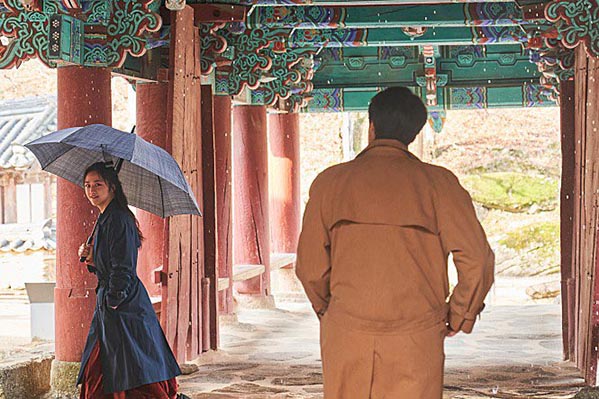
blue raincoat and brown raincoat "Decision to Leave"
After watching “Decision to Leave,” someone will leave the theater with gut-wrenching grief, while others will miss the message because they are obsessed with the affair between a murderer and a detective. Some people will remember Seo-rae’s dress as green, some as blue, and some as turquoise. Life is a “mist.” “Open your eyes in the mist, hide your tears...”
by Sukie Park/ NYCultureBeat
Mist
I walk alone on this misty street
I think about your sweet shadow in the past
I’m a fool to stick to the memories
Still, I’m eagerly missing you in my heart
Oh where did he go
Lonely in the fog, endlessly I walk along
Turning around, I hear your low voice
I wish the wind, take away the fog
Oh, Oh, where did he go
I open my eyes in the mist and hide my tears
-written by Kim Seungok & Park Jin-hyeon, composed by Lee Bong-jo in 1966
*Movie “Decision to Leave” theme song “Mist” - Jung Hoon-hee & Song Chang-sik duet <youtube>
https://youtu.be/CKSlq-yoNnw
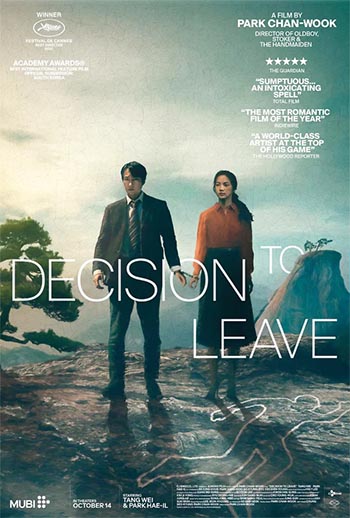
Decision to Leave by Park Chan-wook
SATURDAY, OCTOBER 8 9:00 PM @Alice Tully Hall/ SUNDAY, OCTOBER 9 2:45 PM @Alice Tully Hall
*Opening OCTOBER 19@Film at Lincoln Center
https://www.filmlinc.org/nyff2022/films/decision-to-leave
Free Talk: Park Chan-wook
Sunday, October 9, 1:00pm, Amphitheater, Eleanor Bunim Film Center, 144 W 65th St.
#Film Society at Lincoln Center
WHEN: 12:30 PM, 3:15 PM, 6:15 PM, 9:00 PM
WHERE: Walter Reade Theater (165 West 65th St)
https://www.filmlinc.org/nyff2022/films/decision-to-leave
#Angelika Film Center
WHEN: 5:35pm, 7:30pm, 8:30pm, 10:20pm
WHERE: ANGELIKA NEW YORK (18 West Houston St.)
https://www.angelikafilmcenter.com/nyc/film/decision-to-leave
#AMC
https://www.amctheatres.com/movies/decision-to-leave-70125/showtimes
https://mubi.com/films/decision-to-leave
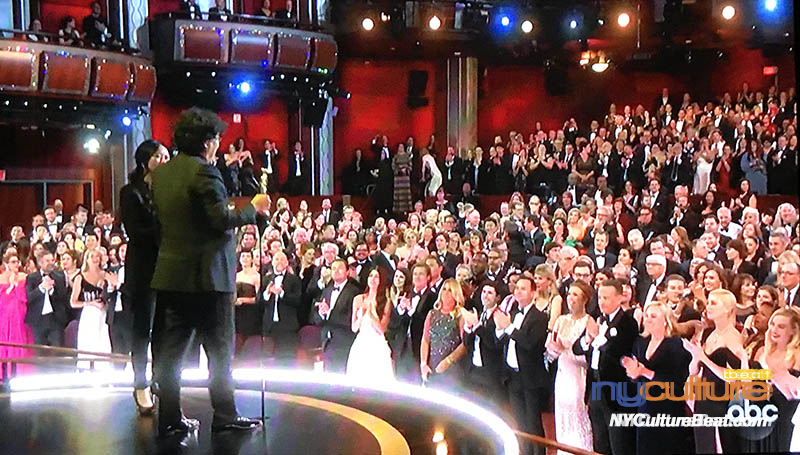




 NYFF60 노벨 문학상 수상 아니 에르노(Annie Ernaux) 감독 영화 ...
NYFF60 노벨 문학상 수상 아니 에르노(Annie Ernaux) 감독 영화 ...
 NYFF60 케이트 블랜쳇의 타르(TÁR): 추락하는 지휘자에겐 날개가 ...
NYFF60 케이트 블랜쳇의 타르(TÁR): 추락하는 지휘자에겐 날개가 ...

